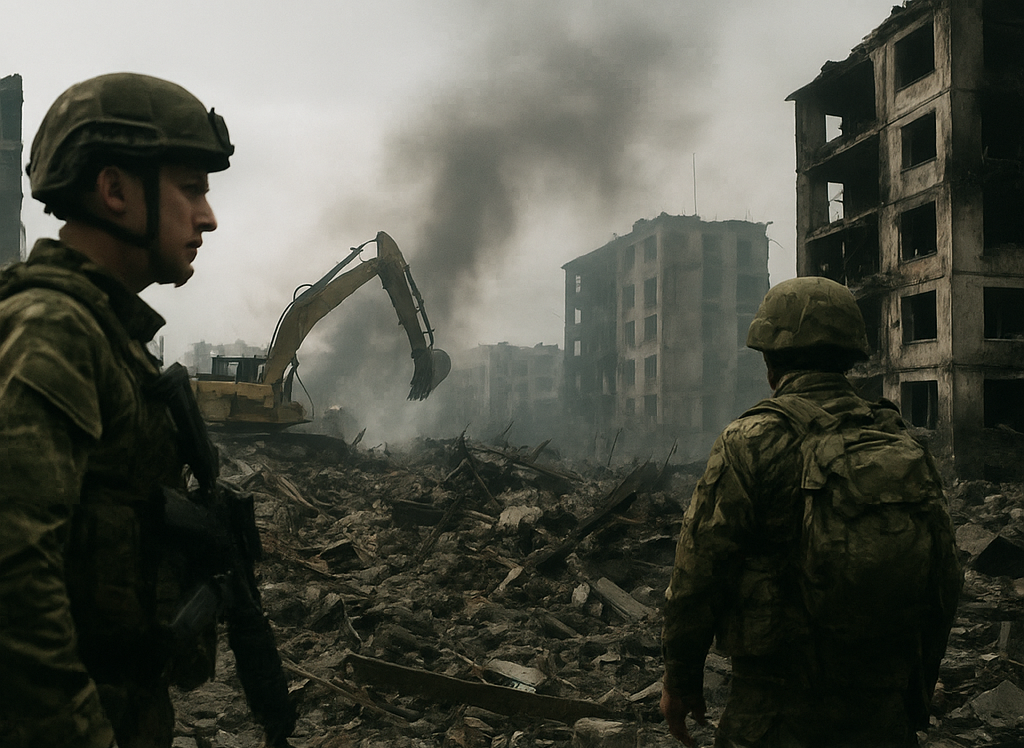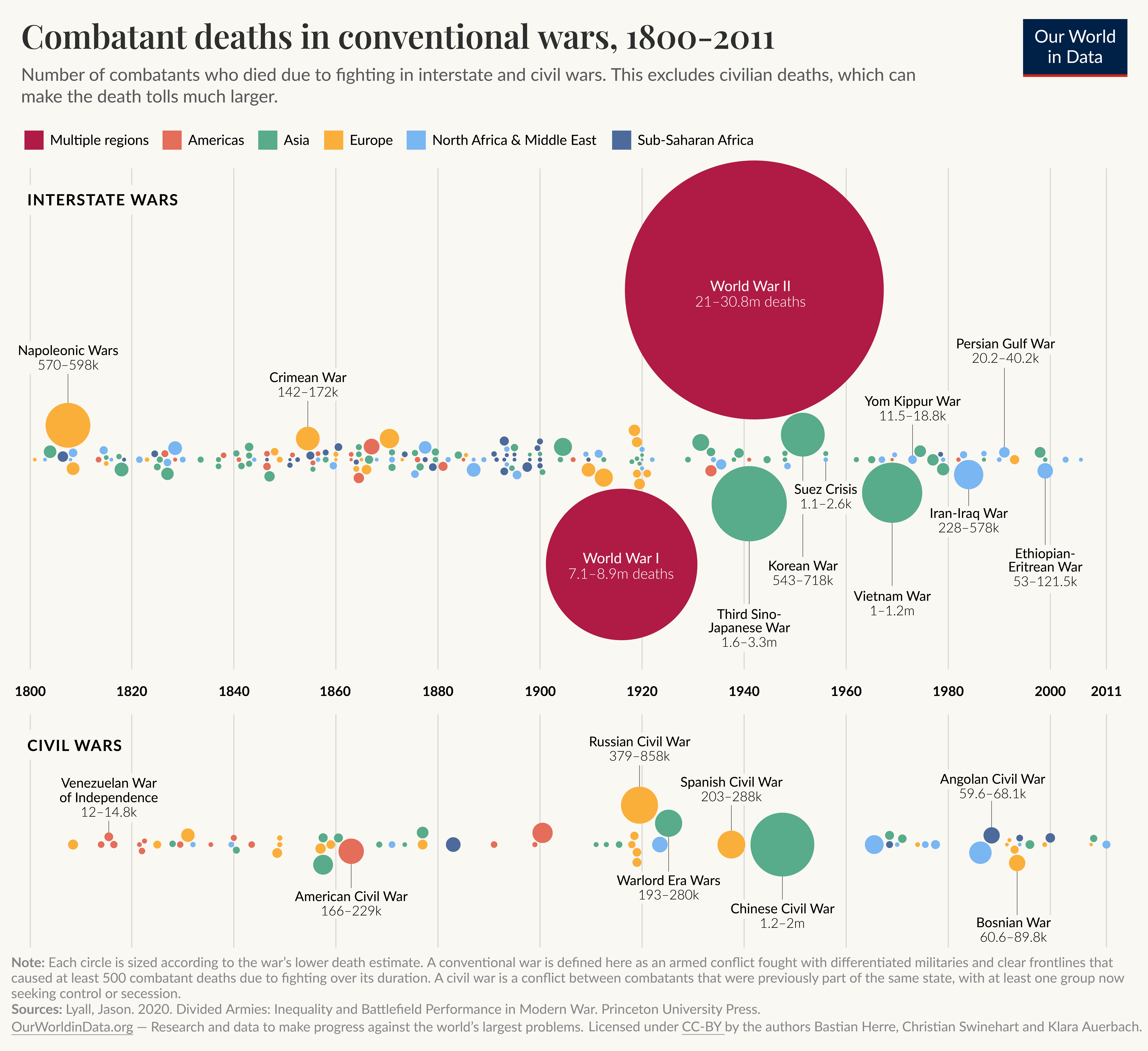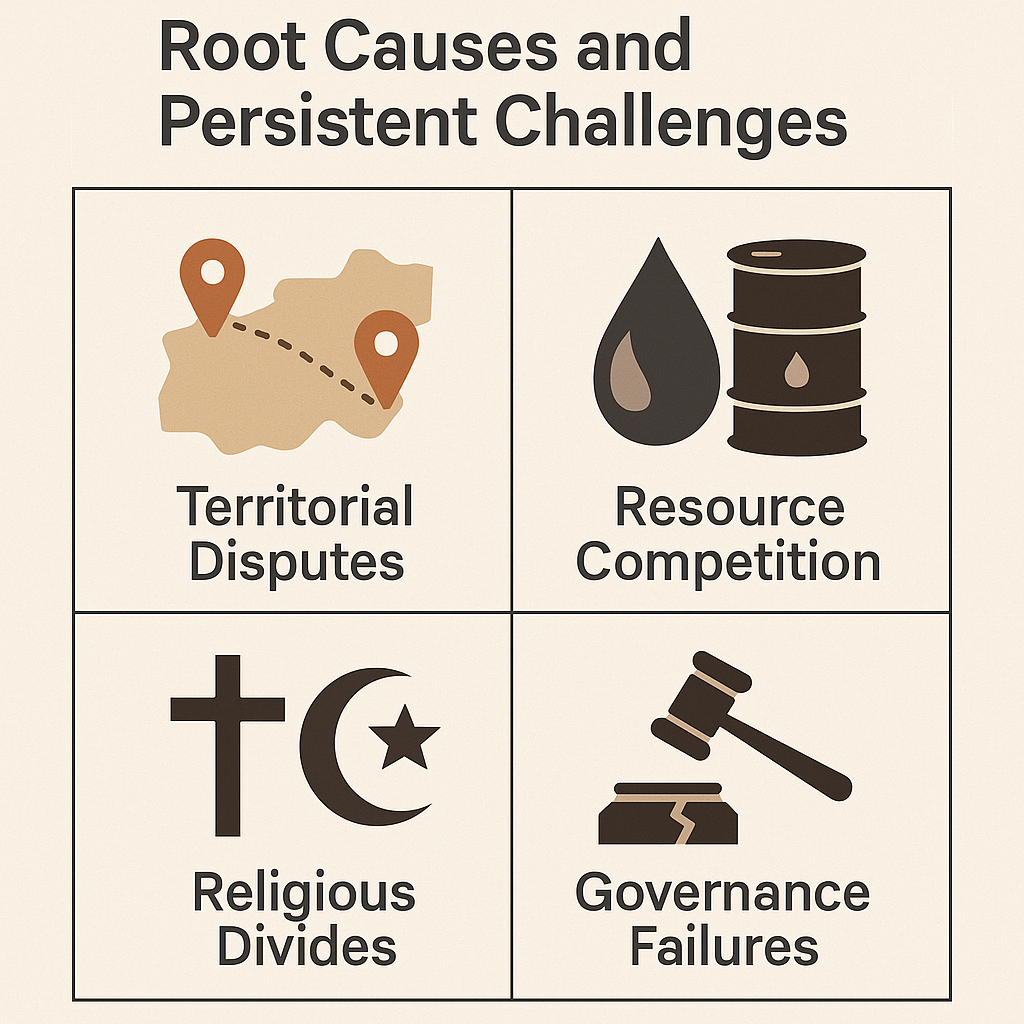In an era defined by rapid technological progress and global connectivity, the presence of armed conflict across multiple regions remains a grim contradiction. From the war-torn streets of Gaza and Ukraine to the prolonged instability in Yemen and Sudan, modern warfare continues to exact a devastating toll on civilian populations, threaten global security, and hinder development.
Understanding the Landscape of Modern Conflicts
Today’s wars are not confined to traditional battlegrounds. Urban centers have become epicenters of destruction, and civilian infrastructures—schools, hospitals, and homes—are often collateral damage. In Ukraine, the prolonged conflict has led to widespread displacement, economic turmoil, and a humanitarian crisis impacting millions. Similarly, in Gaza, ongoing hostilities have resulted in a tragic loss of life, infrastructural collapse, and a worsening refugee situation.
In Yemen, the civil war has spiraled into one of the worst humanitarian disasters of the 21st century, with famine, disease, and continuous violence trapping millions in a cycle of despair. In Africa, countries like Sudan and the Democratic Republic of Congo are grappling with internal strife and armed militias, leading to regional instability and mass displacement.

The Human Cost of War
Behind every headline and statistic are countless personal tragedies—families torn apart, children orphaned, and communities erased. War doesn’t just destroy buildings; it fractures societies, leaves psychological scars, and creates generations born into instability and fear. The effects ripple across borders, straining neighboring countries and international aid systems.

According to statistics compiled by Our World in Data, the number of deaths caused by wars and armed conflicts continues to reflect the devastating impact of global violence. Their data-driven approach highlights both the historical and recent trends in conflict-related fatalities, offering a stark reminder of the human cost of warfare and the urgent need for global peace efforts.
Root Causes and Persistent Challenges
Most modern conflicts are deeply rooted in complex historical, political, and ethnic tensions. These include territorial disputes, resource competition, religious divides, and governance failures. Often, foreign interference, economic interests, or ideological divisions exacerbate the situation, making resolution far more difficult.
Efforts by the international community to mediate peace are frequently hampered by geopolitical rivalries and inadequate diplomatic leverage. While organizations like the United Nations and Red Cross play vital roles in delivering aid and advocating for peace, sustainable solutions require long-term commitment and cooperation from both global powers and local stakeholders.
One of the example of how territorial disputes causes war India Pakistan War.

What Can Be Done?
To address these ongoing crises, several steps are essential:
- Diplomatic Engagement: Greater efforts must be made to bring conflicting parties to the negotiation table, focusing on long-term peace over short-term political gain.
- Humanitarian Support: Immediate aid in the form of food, shelter, healthcare, and education is critical to support displaced and vulnerable populations.
- Accountability and Justice: War crimes and violations of international law must be investigated and prosecuted to uphold human rights and deter future atrocities.
- Support for Rebuilding: Post-conflict recovery plans must prioritize economic development, governance reform, and community reconciliation.
Conclusion
The wars raging across the globe serve as a sobering reminder that peace is not a given—it must be actively pursued and protected. While these conflicts may seem distant, their impact is global. Refugee flows, economic instability, and the erosion of human rights are challenges that affect us all.
It is imperative that the world does not look away. A unified international response grounded in empathy, justice, and diplomacy is not only a moral obligation—it’s the only path toward a more stable and compassionate future.


